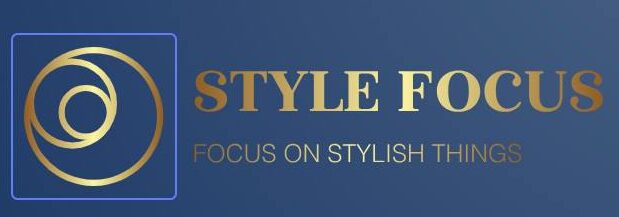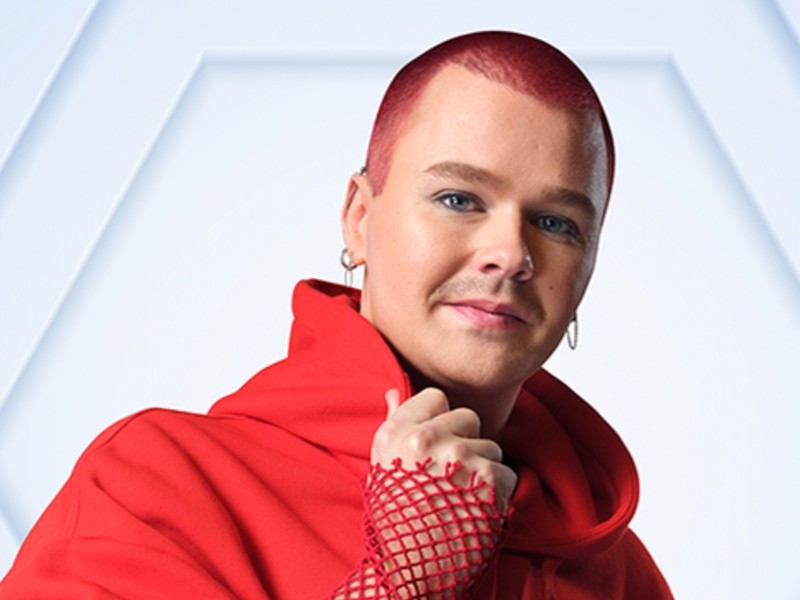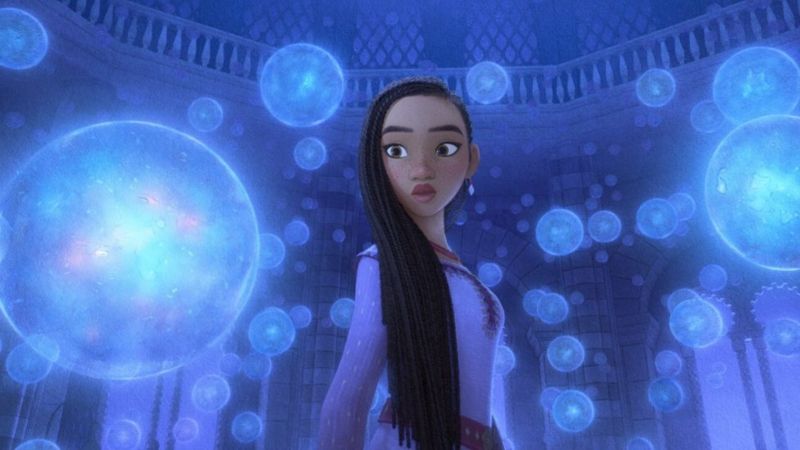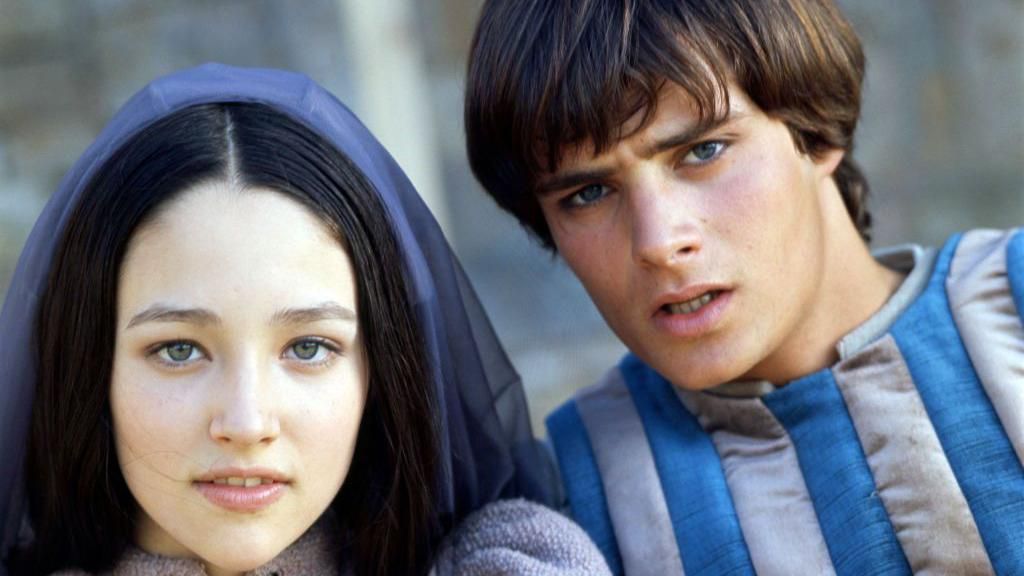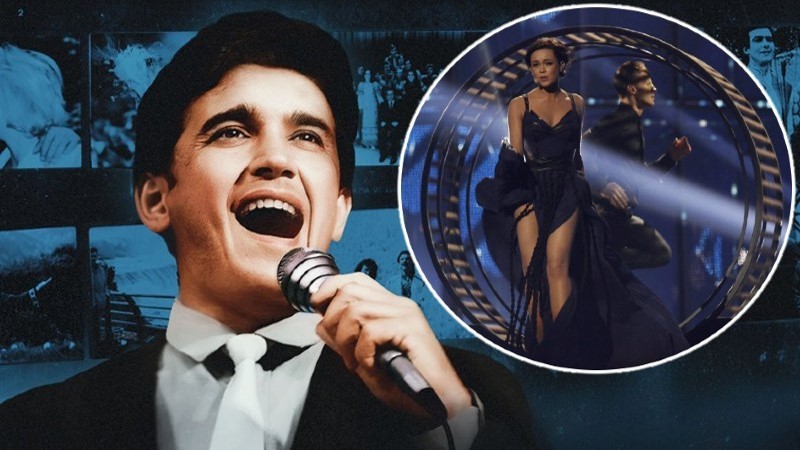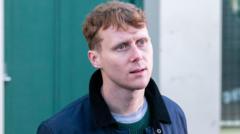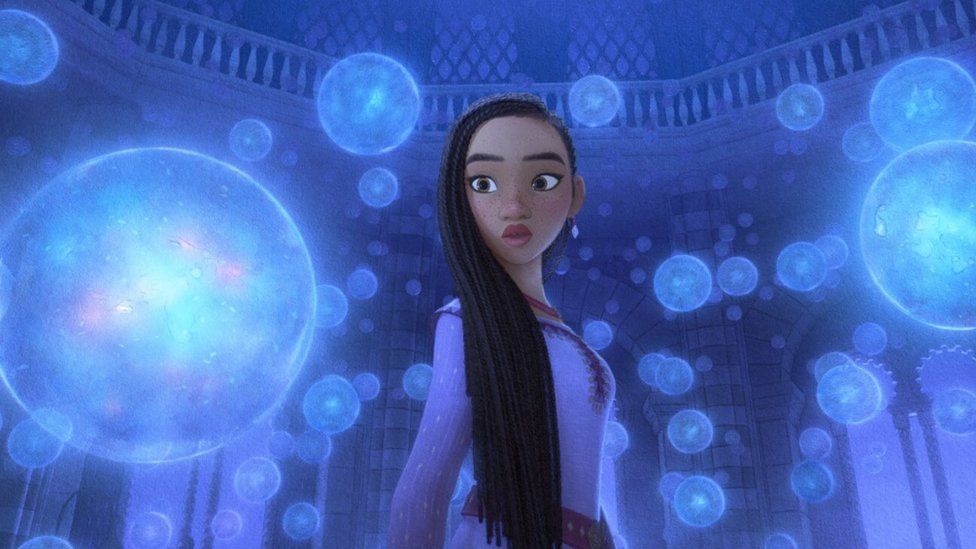
From the moment the first princess in 1937 debuted on our screens, Disney knew it had created a winning formula, and almost 100 years later these timeless tales and enchanting characters still captivate the minds of the audience.
However, Disney’s latest princess film Wish seems to have missed the mark with critics – falling somewhere between honouring the past nostalgia of classic fairy-tale stories and launching itself into a new era of modern movie making.
“It seems Disney would rather not commit to any single direction, and Wish represents an awkward marriage between old and new ways,” wrote Lovia Gyarkye from The Hollywood Reporter.
“At the heart of Wish is a topical and winning formula, so it’s a shame that it’s squandered for the sake of a lukewarm, ultimately safe conclusion.”
The film, co-written by Frozen’s Jennifer Lee, follows the story of 17-year-old Asha (voiced by Ariana DeBose) who lives in a land where residents share their greatest wish with King Magnifico in the hope it will come true.
However, over the course of an hour and a half, Asha realises she must save her kingdom from the king’s sinister purpose of wish gathering and granting.
Wish is being released in the year Disney celebrates its centenary. In October 1923, Walt and his brother Roy officially founded the Disney Brothers Cartoon Studio.
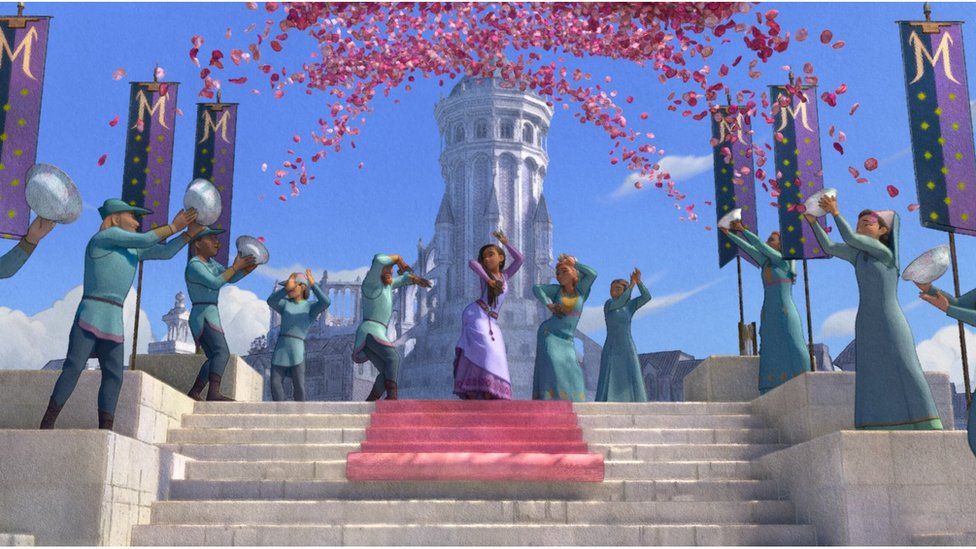
In a two-star review, the Guardian’s Benjamin Lee called it “an off-brand rip-off, aesthetically and inferior to Disney’s Oscar winning film Frozen that was released 10 years ago.
He said that although the plot brings up some “intriguing ideas”, the film “slides into bog standard formula with an ungainly script”.
Kevin Maher of The Times described the film as “emotionally inert and personality-free” in a one-star review, and said it features too many “clunky references to past hits” that are “shoehorned into an anaemic story”.
The Telegraph’s Robbie Collin awarded the film two stars and said it was “not so much a Disney fairy-tale as a corporate identity crisis”.
He added that Disney’s centenary animated feature “feels like an attempt, after a wobbly decade, to return the brand to first principles. Unfortunately, it turns out to be a self-portrait of an altogether less flattering type – a sort of Corporate Identity Crisis: The Movie.”
Variety’s Owen Gleiberman noted that although the film “self-consciously packs 85 years of animated magic into a portable Disney fable”, it remains, for children, a “visually pleasing, eminently watchable slice of enchanted product – with a plot that’s both mildly touching and slightly strange”.
He also praises Chris Pine’s performance as the narcissistic king who “gives you someone to root against”.
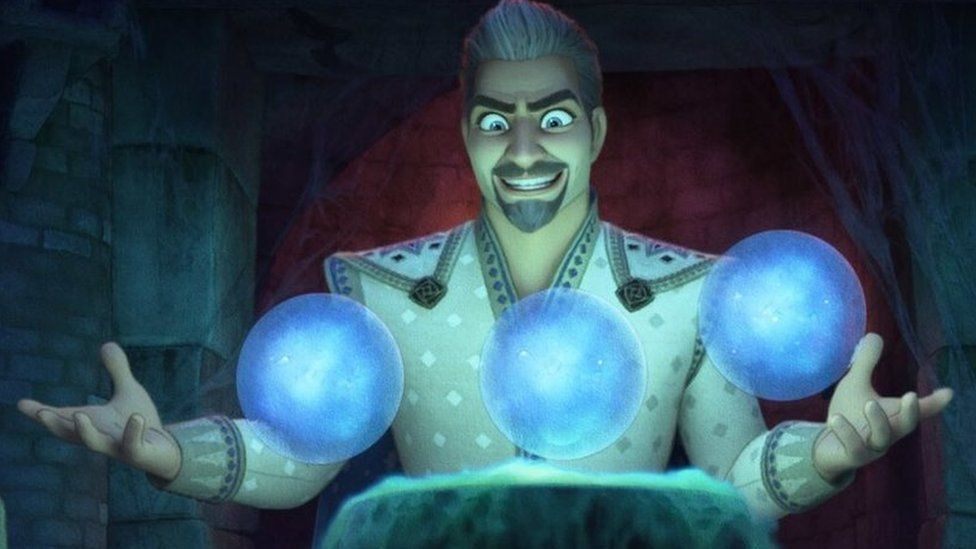
Whilst true Disney fans may find the numerous shoehorned references overwhelming, namely Asha’s seven friends who possess strikingly similar trait to the dwarfs in Snow White and the borrowed musical motif from Leigh Harline’s Pinocchio theme When You Wish Upon A Star, Empire’s John Nugent said said in his three-star review that “for the most part you can enjoy the film for what it is and younger viewers are unlikely to pick up on the deeper cuts”.
He added the film is “both a celebration of the Mouse House’s storied history and an indulgence of its most beloved clichés, wrapped up in perhaps the least original of original stories”.
The Financial Times’ Danny Leigh summarised the limbo position the film finds itself in.
Awarding it three stars, he wrote: “The movie must salute fairy tales past, without ever suggesting the company’s glory days are over. It also has to feel smart and contemporary while getting on the wrong side of absolutely no one.
“More often, Wish is nervously risk-averse. The remit remains a Catch 22. The movie is so busy referencing the classics, it makes itself an afterthought.”
